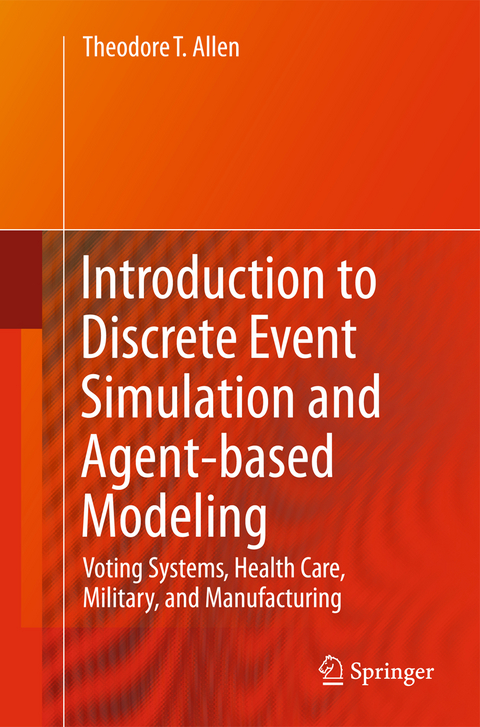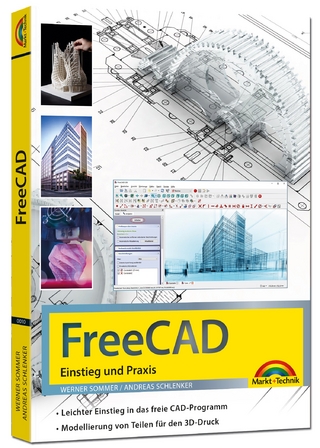
Introduction to Discrete Event Simulation and Agent-based Modeling
Springer London Ltd (Verlag)
978-1-4471-5725-0 (ISBN)
• Definition – The reader will learn how to plan a project and communicate using a charter.
• Input analysis – The reader will discover how to determine defensible sample sizes for all needed data collections. They will also learn how to fit distributions to that data.
• Simulation – The reader will understand how simulation controllers work, the Monte Carlo (MC) theory behind them, modern verification and validation, and ways to speed up simulation using variation reduction techniques and other methods.
• Output analysis – The reader will be able to establish simultaneous intervals on key responses and apply selection and ranking, design of experiments (DOE), and black box optimization to develop defensible improvement recommendations.
• Decision support – Methods to inspire creative alternatives are presented, including lean production. Also, over one hundred solved problems are provided and two full case studies, including one on voting machines that received international attention.
Introduction to Discrete Event Simulation and Agent-based Modeling demonstrates how simulation can facilitate improvements on the job and in local communities. It allows readers to competently apply technology considered key in many industries and branches of government. It is suitable for undergraduate and graduate students, as well as researchers and other professionals.
Dr. Theodore Allen is an Associate Professor in Integrated Systems Engineering at The Ohio State University and a co-founder of the software company, Sagata Ltd. He is a fellow of the American Society of Quality, the winner of several teaching awards, and the recipient of fellowships from Honda and Ford. His previous textbook (2nd edition) is in use at many universities.
1. Introduction.- 2. Probability Theory and Monte Carlo.- 3. Input Analysis.- 4. Simulating Waiting Times.- 5. Output Analysis.- 6. Theory of Queues.- 7. Decision Support and Voting Systems Case Study.- 8. Variance Reduction Techniques and Quasi-Monte Carlo.- 9. Simulation Software and Visual Basic.- 10. Introduction to ARENA Software.- 11. Advanced Modeling with ARENA.- 12. Agents and New Directions.- 13. Answers to Odd Problems.
| Erscheint lt. Verlag | 20.8.2014 |
|---|---|
| Zusatzinfo | XII, 215 p. |
| Verlagsort | England |
| Sprache | englisch |
| Maße | 152 x 229 mm |
| Themenwelt | Informatik ► Grafik / Design ► Digitale Bildverarbeitung |
| Mathematik / Informatik ► Informatik ► Theorie / Studium | |
| Mathematik / Informatik ► Mathematik | |
| Technik | |
| Wirtschaft ► Betriebswirtschaft / Management ► Unternehmensführung / Management | |
| ISBN-10 | 1-4471-5725-7 / 1447157257 |
| ISBN-13 | 978-1-4471-5725-0 / 9781447157250 |
| Zustand | Neuware |
| Haben Sie eine Frage zum Produkt? |
aus dem Bereich


